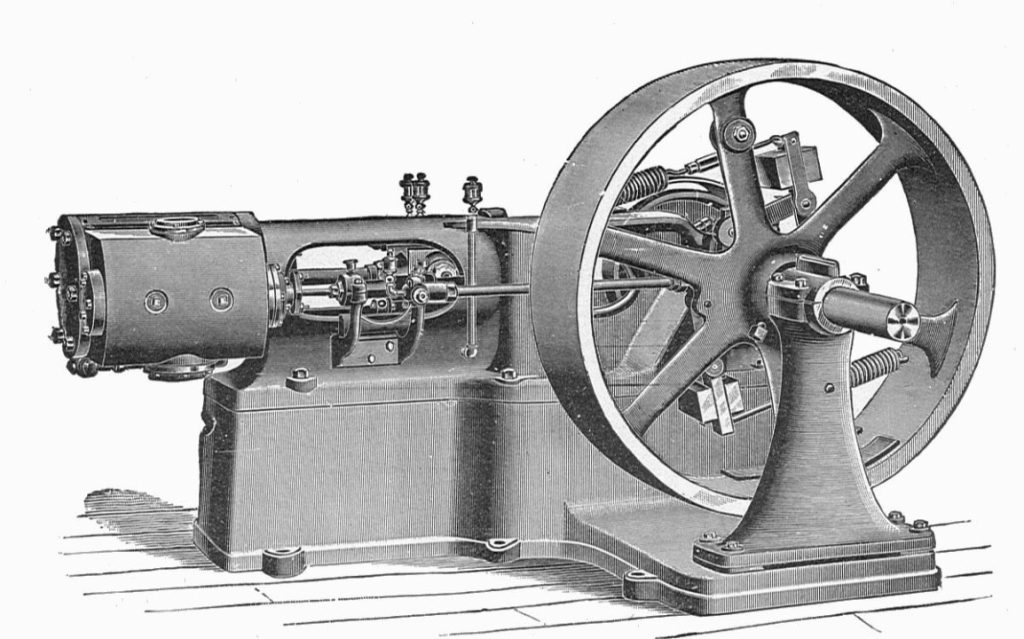Table of Contents
Introduction
Throughout history, countless inventions have transformed the world, shaping societies, economies, and cultures. However, not every invention that had the potential to change the course of history managed to leave a lasting impact. Some groundbreaking ideas were ahead of their time, overshadowed by more popular technologies, or simply forgotten. These forgotten inventions, if fully realized or widely adopted, might have altered the trajectory of human history in profound ways.

The Antikythera Mechanism: An Ancient Computer
Discovered in 1901 off the coast of the Greek island of Antikythera, the Antikythera mechanism is often considered the world’s first analog computer. Dating back to around 100 BCE, this intricate device was used to predict astronomical positions and eclipses. Its complex system of gears and dials demonstrated an advanced understanding of mathematics and engineering that was not seen again until the 14th century.
Had the knowledge embedded in the Antikythera mechanism been preserved and expanded upon, the development of technology in the ancient world could have accelerated significantly. Imagine if such advanced mechanical computing had been common in ancient Greece or Rome—this could have led to earlier advancements in navigation, astronomy, and even early forms of automation.
Tesla’s Wardenclyffe Tower: Wireless Power Transmission
Nikola Tesla, one of history’s most brilliant inventors, envisioned a world powered by wireless electricity. His Wardenclyffe Tower, built in the early 20th century on Long Island, New York, was intended to transmit electrical energy across great distances without the need for wires. Tesla believed this technology could provide free and unlimited energy to the world, revolutionizing the way people lived and worked.
Unfortunately, Tesla’s ambitious project was never completed due to financial difficulties and a lack of support from investors. If wireless power transmission had been realized, it could have eliminated the need for extensive power grids, reducing infrastructure costs and making energy more accessible to remote areas. This invention might have also driven the development of other wireless technologies much earlier than they eventually appeared.
The Baghdad Battery: Ancient Electrochemical Power
The Baghdad Battery is a mysterious artifact discovered in Iraq, believed to date back to the Parthian or Sassanian periods (roughly 150 BCE to 650 CE). It consists of a clay jar with an iron rod and a copper cylinder, which some researchers believe could have been used as a primitive battery. While the true purpose of the Baghdad Battery remains uncertain, it suggests that ancient civilizations might have experimented with electrochemical power long before the modern era.
If the Baghdad Battery or similar technology had been developed further, it could have led to the earlier discovery of electricity and its applications. Ancient societies might have harnessed electrical power for various uses, potentially influencing the development of technology, medicine, and communication.

The Steam Engine of Hero of Alexandria: Missed Industrial Revolution
Hero of Alexandria, an ancient Greek engineer, invented a steam-powered device known as the aeolipile in the 1st century CE. This simple steam engine consisted of a sphere that rotated when heated, demonstrating the basic principles of steam power. However, it was considered little more than a novelty at the time and did not lead to further developments.
Had the potential of steam power been recognized and exploited in Hero’s time, it could have sparked an earlier industrial revolution. The widespread use of steam engines in ancient times might have accelerated technological progress, transforming transportation, manufacturing, and agriculture centuries before the actual Industrial Revolution in the 18th century.
The Chronovisor: A Peek into the Past
The Chronovisor is an alleged invention by Father Pellegrino Ernetti, a 20th-century Italian priest and scientist. According to Ernetti, the Chronovisor was a device that could view events from the past by tuning into residual electromagnetic radiation. Although the existence of the Chronovisor has never been proven and is widely considered a hoax, the concept itself is intriguing.
If a device like the Chronovisor had existed, it could have revolutionized the study of history and archaeology. Imagine being able to witness historical events firsthand, verify ancient texts, or solve age-old mysteries. Such a tool could have provided an unprecedented level of understanding of human history, potentially altering our perception of the past and its impact on the present.
The Vril Society’s Flying Discs: Early Anti-Gravity Technology
The Vril Society, a secretive group associated with Nazi Germany, allegedly developed advanced flying discs during World War II, utilizing what they claimed was anti-gravity technology. While these claims are largely dismissed as conspiracy theories, the idea of early anti-gravity technology sparks the imagination.
If anti-gravity technology had been successfully developed and applied, it could have transformed transportation and warfare. The implications of such technology are immense, potentially leading to innovations in space exploration, aviation, and energy. While the Vril Society’s flying discs remain in the realm of speculation, the pursuit of anti-gravity technology continues to captivate scientists and futurists alike.

Conclusion
The forgotten inventions highlighted here remind us that history is full of missed opportunities and paths not taken. These innovations, whether real or speculative, offer a glimpse into what might have been had circumstances been different. As we continue to innovate and explore new frontiers, these forgotten ideas can inspire us to think creatively and consider the broader implications of technological advancements. Who knows what ideas from our time might be rediscovered in the future and change the course of history?
